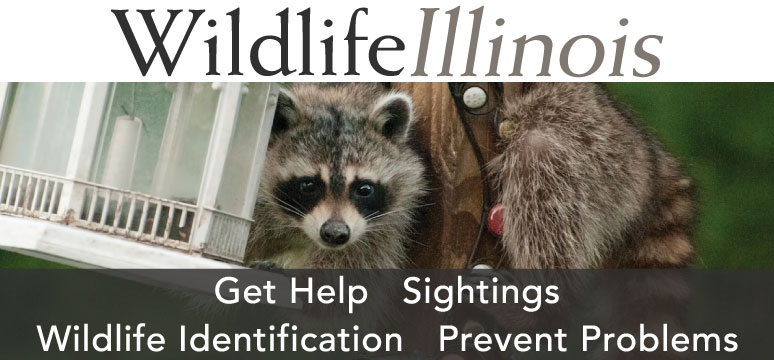
Photos by Kathy Andrews Wright


Photos by Kathy Andrews Wright
Prior to Dr. Adam L. Brandt accepting a position as Assistant Professor of Biology at St. Norbert College in DePere, Wisconsin, he considered his biggest wildlife-oriented accomplishment to date joining the Novakofski and Mateus-Pinilla Chronic Wasting Disease Collaborative Labs at the University of Illinois Champaign-Urbana (UIUC).
“Working with Dr. Jan Novakofski and Dr. Nohra Mateus-Pinilla I was able to work directly with the people making wildlife policy and management decisions, and my research had direct application to conservation,” explained Brandt, who was a Postdoctoral Research Associate with the Illinois Natural History Survey.
Brandt’s research focus at the UIUC Natural History Survey was on the genetics of free-ranging white-tailed deer and the impact of chronic wasting disease (CWD) management in Illinois.
“One of the most pressing wildlife issues in Illinois is wildlife diseases which have substantial mortality or uncontrolled spread, such as CWD, Ranavirus (a virus impacting amphibians and reptiles), white-nose syndrome (a disease affecting hibernating bats) and chytrid fungus (an infectious disease in amphibians).

“One of the CWD research goals of the Collaborative Labs is to use genetic tools to answer questions about the disease spread that you just can’t examine with traditional field methods,” Brandt said. “For example, the team recently examined disease susceptibility of white-tailed deer based on the prion gene sequence. We wanted to provide the Illinois Department of Natural Resources with the best and most scientifically accurate information about how this disease is spreading and how it can be contained. CWD continues to be a threat to the health of the Illinois white-tailed deer; our research is a powerful tool in the efforts to contain and manage this disease.”
Brandt’s path to becoming a wildlife researcher started when he earned a Bachelor’s of Science degree in wildlife biology from Frostburg State University. He then continued his education at Frostburg, earning a Master’s degree in applied ecology and conservation biology, and ultimately earned a PhD in Animal Sciences from the University of Illinois Urbana-Champaign.
With the prominence of wildlife diseases in the news today, there undoubtedly are many aspiring young scientists interested in pursuing a career in the wildlife disease field. Brandt offers these words of wisdom to future researchers.
“One of the most beneficial actions someone interested in this field could take is getting involved with a research lab as soon as you can,” explained Brandt. “Having diverse research experience, and building good, professional relationships will strengthen your skills and make you a valued commodity in the research field.”
Kathy Andrews Wright retired from the Illinois Department of Natural Resources where she was editor of OutdoorIllinois magazine. She is currently the editor of OutdoorIllinois Journal.
Submit a question for the author